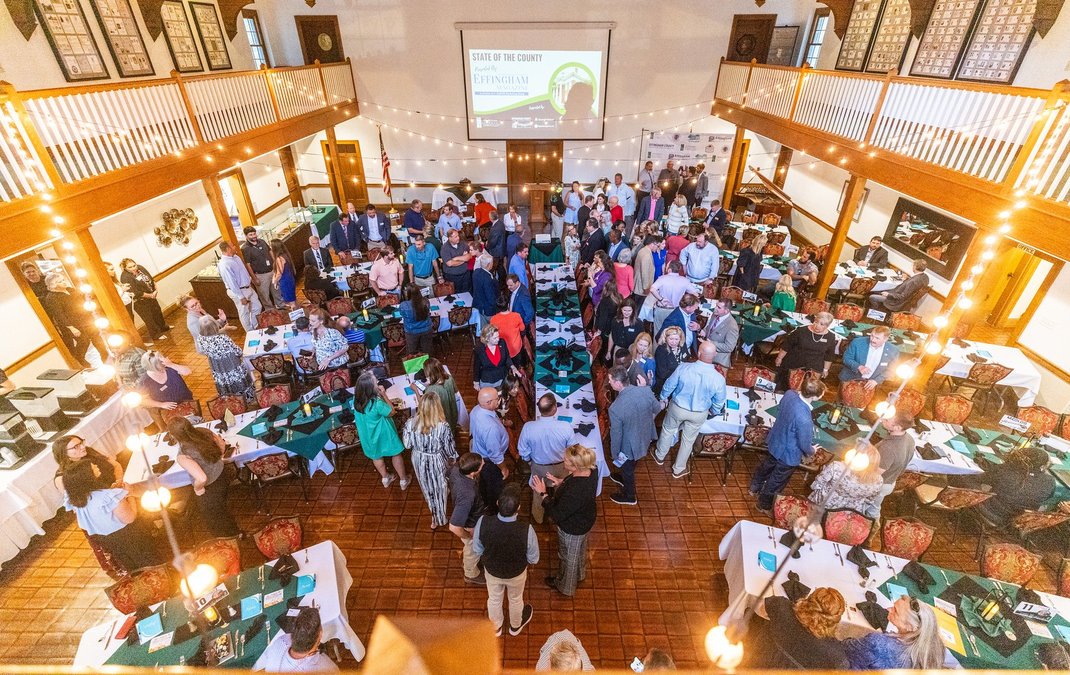By Hanna Skandera and Michael Carney
In an era of political polarization and widespread civic illiteracy, an unlikely group is spearheading a movement to reinvigorate American democracy: middle school students.
Over 6,000 students in 28 states devoted countless hours to prepare for the National Civics Bee this year. Their enthusiasm highlights a critical gap in our education system and offers a potential solution.
The stark reality is that civic education in America has been neglected for decades. According to the Institute for Citizens & Scholars, only a third of adults would pass the civics exam required for U.S. citizenship. Even more alarming, the Annenberg Public Policy Center reports that nearly one-fifth of Americans can't name a single branch of government.
For the younger generation, the outlook is equally grim. The 2022 Nation's Report Card revealed that a mere 22% of eighth-graders are proficient in civics.
There's a growing recognition across the country that we're facing a civic crisis. From local initiatives to national programs, efforts are underway to revitalize civic education and promote essential democratic skills.
The National Civics Bee, launched in 2022 by the U.S. Chamber of Commerce Foundation and its founding partner, the Daniels Fund, is one of the most innovative responses to this challenge. This competition, modeled after the National Spelling Bee, tests middle schoolers on crucial concepts like voting rights, separation of powers, and pivotal moments in American democratic history.

The Civics Bee's impact extends beyond competition day. This knowledge equips them for a lifetime of active citizenship.
"Before the National Civics Bee, I thought that maybe I could do a bit of volunteer work, but other than that, it was mainly the government's job [to solve problems]," Washington state champion Benjamin Wu said in a 2023 interview. "But now I know that there's a lot of things that I and other people like me can do to help our community."
As we approach another fraught election, the importance of civic literacy cannot be overstated. Despite our differences, we are bound by a shared constitutional framework. It's crucial that we, as a society, prioritize teaching these fundamentals.
The success of the National Civics Bee should serve as a call to action. We need to champion similar initiatives, advocate for robust civics programs in our schools, and commit to enhancing our own civic knowledge. Educators, policymakers, and citizens must recognize that a well-informed populace strengthens and revitalizes our democratic institutions.
Our democracy faces numerous challenges, from misinformation to apathy. But if we follow the lead of these civic-minded youngsters, we might just secure a brighter future for our republic. After all, an informed and engaged citizenry is the bedrock of a thriving democracy.
[Hanna Skandera is the president and CEO of the Daniels Fund and former Secretary of Public Education of New Mexico. Michael Carney is the president of the U.S. Chamber of Commerce Foundation.]








